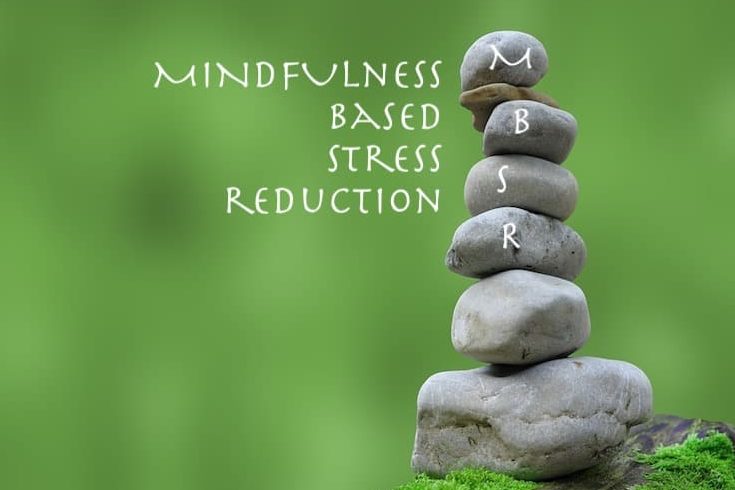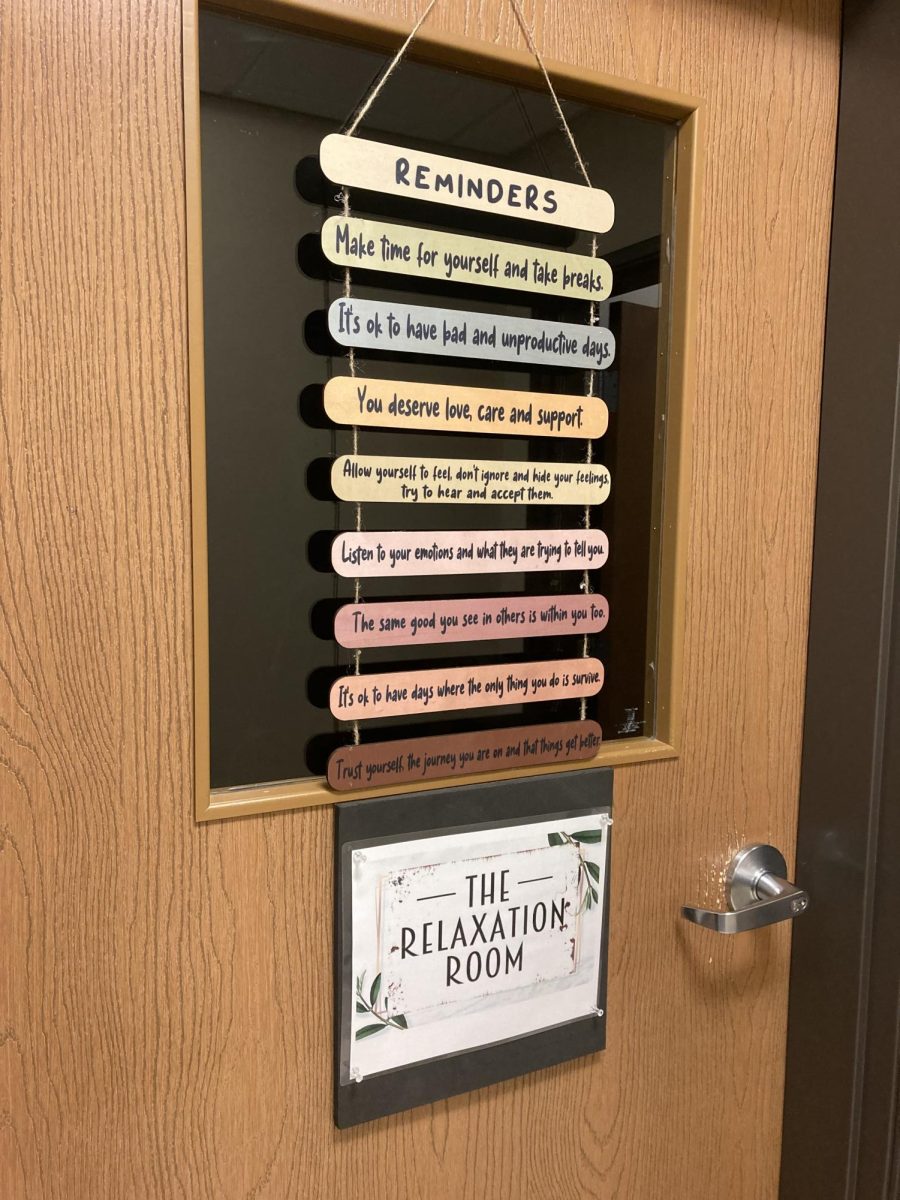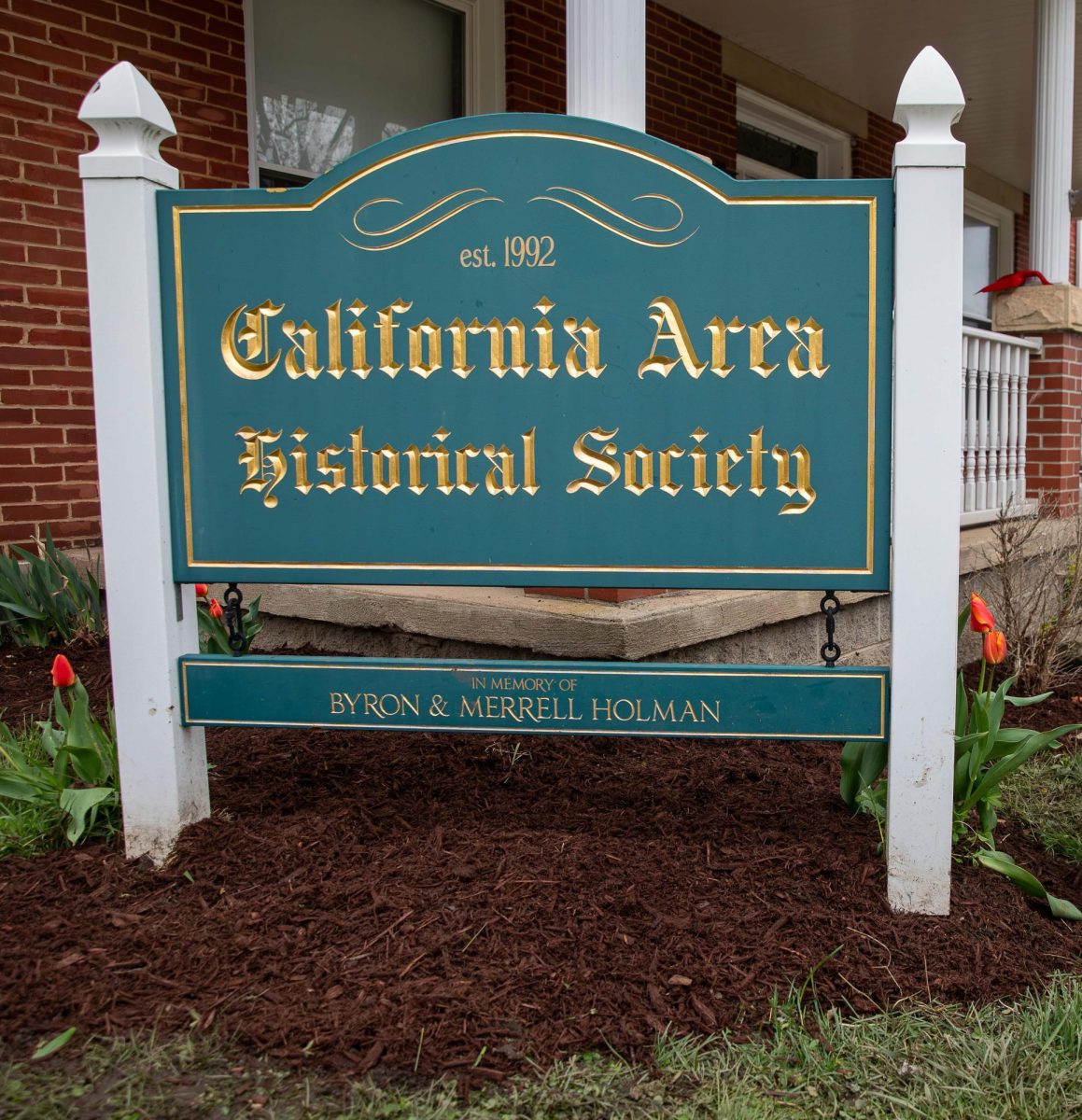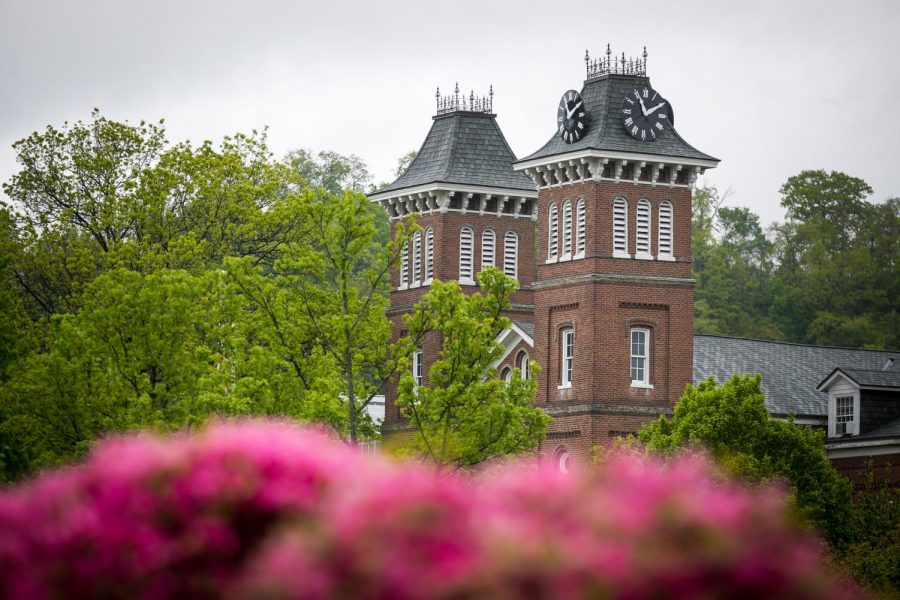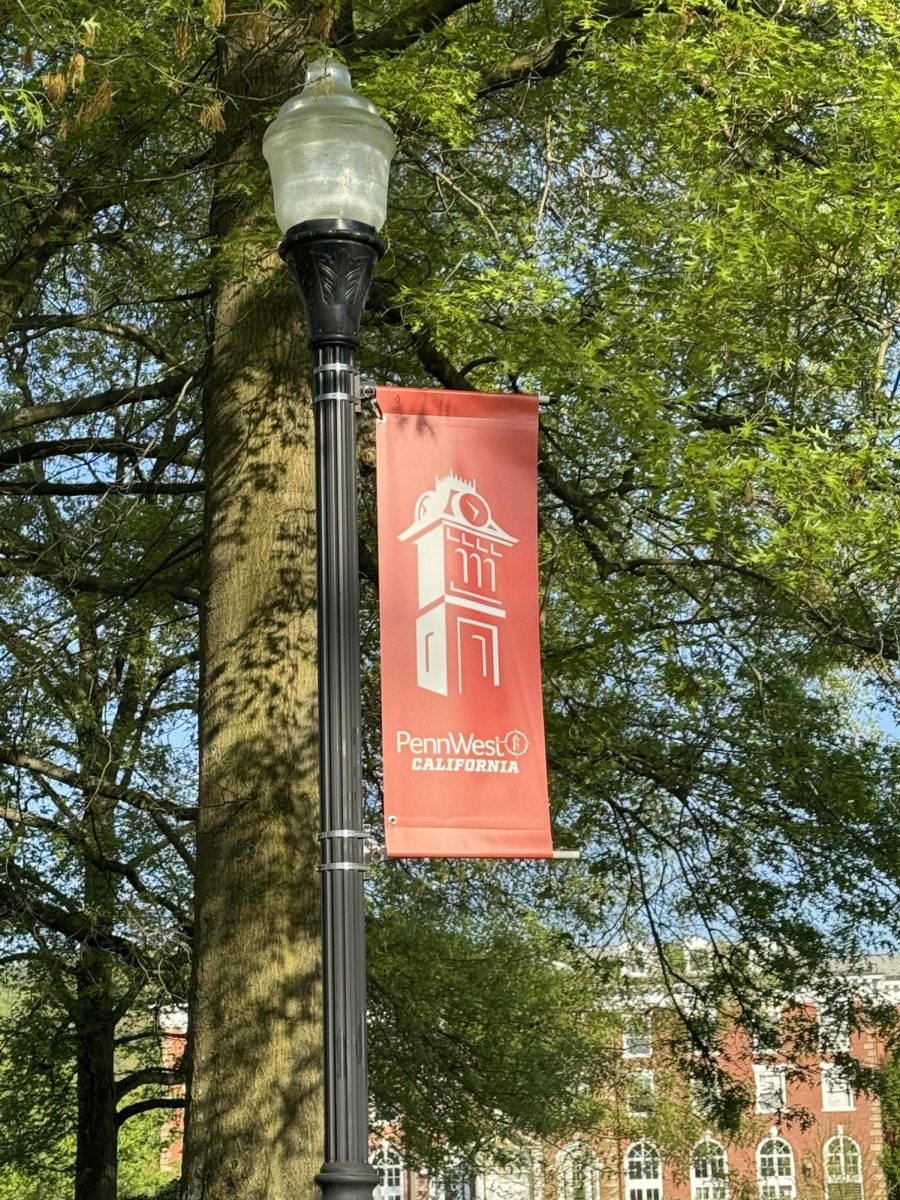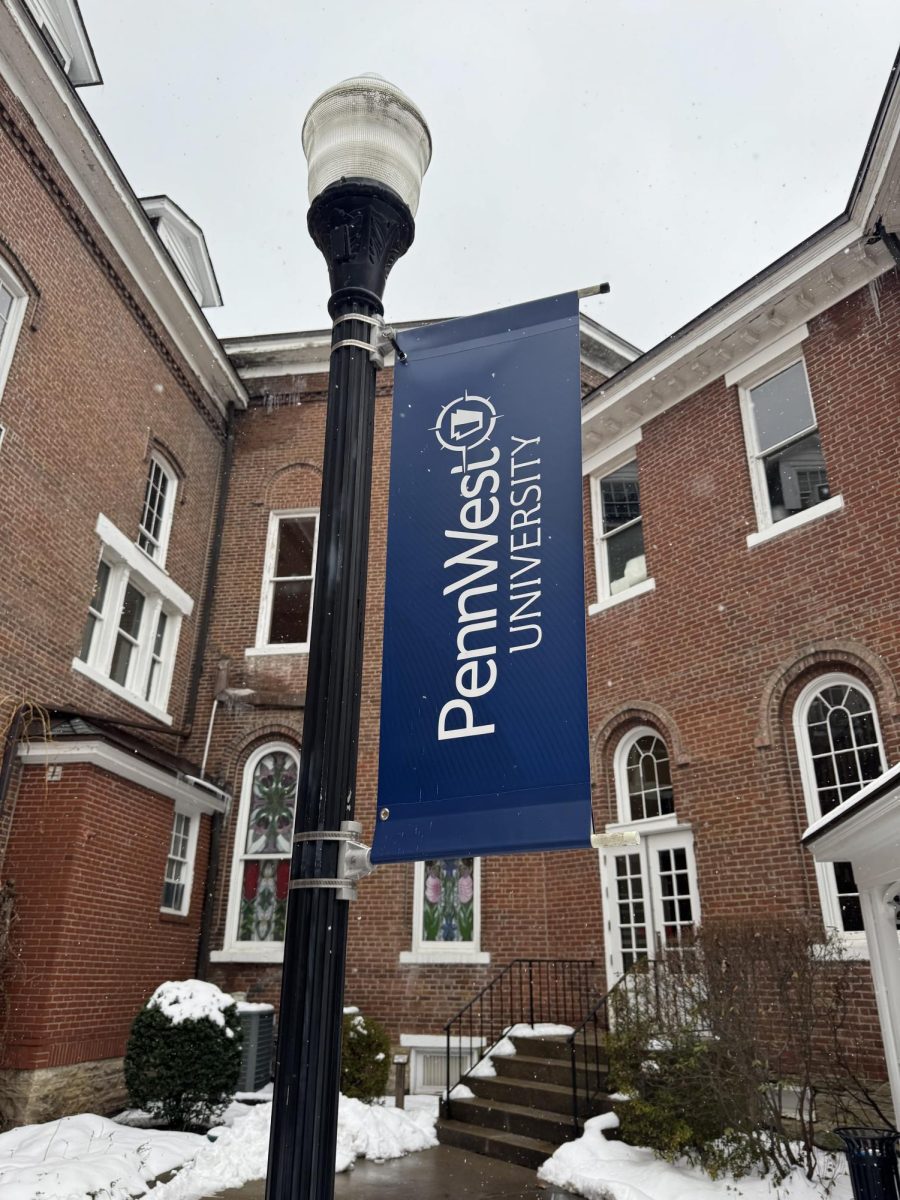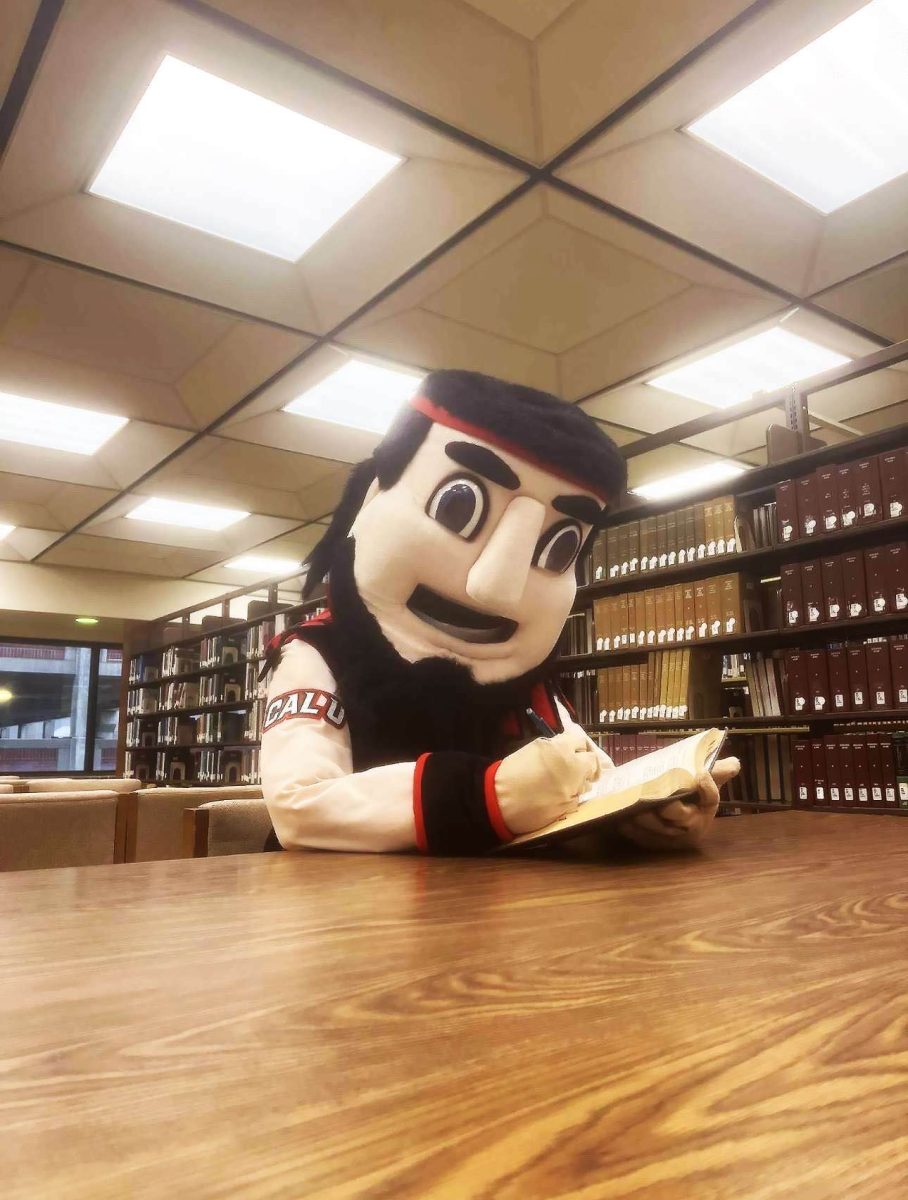Many college students experience persistent stress and anxiety, eagerly seeking a release. Many long for a space that would allow them to be fully present, fully engaged and without worry. But when the demands of college seem too great to overcome, a certain psychology professor may be able to provide some guidance.
Professor Michael Baranski floated the idea of a Mindfulness and Meditation Club in the spring 2023 semester. After many discussions and collaboration between students, the club will officially become a reality this spring.
According to the U.S. Census Bureau, nearly three out of four students have experienced a sense of “overwhelming anxiety” at some time. Mindfulness, though unfamiliar to some, may be a solution to this problem.
“To some degree, there is no goal. There is no single definition of mindfulness,” Baranski said. “But one way that I like to think about it is clearly observing your consciousness, whatever makes up your mind right now, as you’re aware that it happens.”
Attending college brings a high level of judgment, explains Baranski. Students are being judged on what they learn, and what they intend to do with what they learn in the new future. They experience the stress of a new environment and unfamiliar people.
“Who you were in high school and living with your family might be very different from who you are in this new environment you’re in,” said Baranski. “A lot of people feel isolated when they’re in that unfamiliar place, or have trouble connecting.”
Connection is an important theme surrounding mindfulness. The solution to the challenges faced by many students could lie in simply connecting with oneself and the environment.
This is what mindfulness means to senior Josh Gutierrez, a student who worked with Baranski to lay the groundwork of the club.
“Often, we identify with our thoughts,” Gutierrez said. “When we are identified with our thoughts, we get carried away into thought patterns, often negative. Mindfulness allows us to connect with the present in order to create meaning in our everyday lives.”
Student Amy Grosser, a member of the new club, expressed that the aspect of mindfulness that she has benefited from most is non-judgement.
“Learning to extend compassion to yourself and be kind to yourself is huge no matter who you are,” said Grosser. “There’s also an aspect of impermanence, which leads into the idea that failure isn’t final. Just because you got a bad grade on that one paper or test doesn’t mean your entire story for that class or semester is written.”
Beyond the space in which PennWest’s Mindfulness and Meditation Club exists, students and professors alike can incorporate mindfulness into their personal lives. Baranski himself employs these ideas in his own classroom.
“When I taught a Senior Seminar about mindfulness and meditation that was a big part of it,” said Baranski. “Let’s not just learn about it, but let’s experience it. For other classes, I certainly advocate for it.”
Baranski explains that there is a science behind his methods, too.
“There’s research showing that if you do a few minutes of mindfulness before a course lecture, you’ll learn more from that lecture,” said Baranski. “We don’t know precisely why; maybe your mind wanders less, or maybe noticing when you’re distracted. If you’re feeling stressed and overwhelmed, it won’t necessarily just take that away. But it helps you relate to it and manage it differently.”
Gutierrez expressed that meditation is one of the most important things he has incorporated into his life.
“I think the benefits of meditation are only beginning to be discovered by the human sciences. If creating a community of students to discuss, learn, and practice meditation at PennWest is a fraction of the importance to campus life as the meditation has been for me, then we have to do it.”

